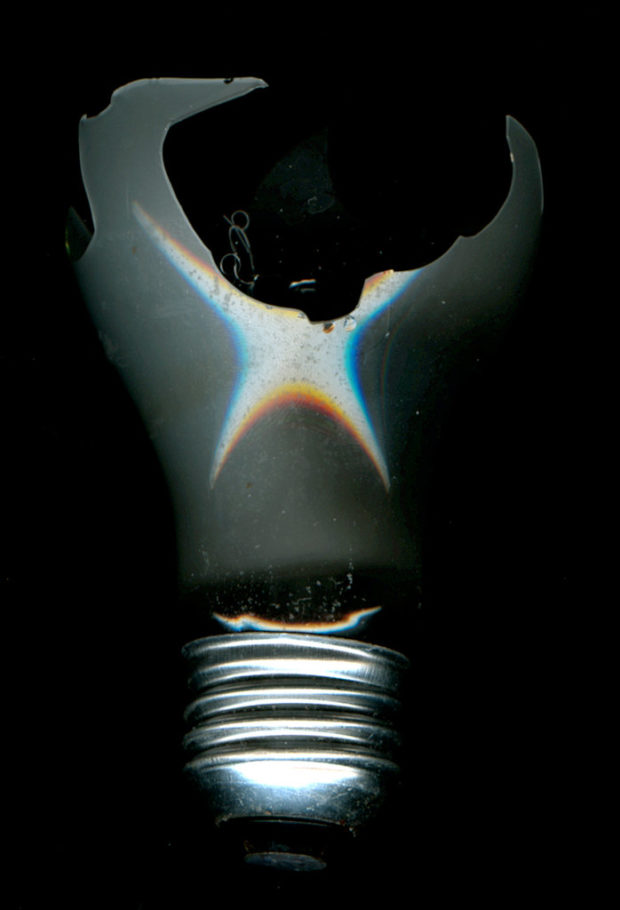You have no items in your cart. Want to get some nice things?
Go shopping
You were chopping onions when the lights went off. They did not flicker; they shut firmly – like someone slamming a door. You and Rachel were in the midst of making falafel wraps. She was blending chickpeas. You stood in the kitchen for a few minutes, hovering over the sleeping appliances. But the storm had toppled a power line a block from your apartment. You put the ingredients in the refrigerator, feeling incomplete, hoping the power would reemerge. You didn’t know then – if you had known then, it would have crushed you – none of your ingredients would survive.
Life without electricity is a strange experience. You forget. You walk into a room and reach for the light switch. As the daylight fades, you forget. Why are you sitting in the dark? You realise you own neither candles or flashlights. Your only flashlight is on your phone, and your phone battery is at 13 percent.
It’s kind of a rush. You unearth the external battery charger that you won in a white elephant Christmas exchange two years ago, the one you bring on trips in case you get stuck in an airport but that you’ve never used because there are always power outlets in the airport. But now you and Rachel take turns charging your phones and watch the red numbers count down from 100.
You eat strange meals. Sandwiches with honey, banana, and peanut butter. Your skin looks better; without artificial light, you can’t see the imperfections. You have no Wi-Fi, so you finally organize your closet and set aside clothes for donation. The daylight becomes a motivator. As darkness falls, you cannot stay awake and you go to bed earlier than you have in weeks and sleep better than you have in months.
You tell people about the power outage and they are stunned. Still? Two days without power? You throw away coffee creamer, feta cheese, two containers of tofu, spaghetti sauce, and the ingredients for the falafel wraps. Throwing the bag in the dumpster, you are surprised; you thought it would bother you more. But when the pendulum swings so far in the direction out of your control, it gives you a strange sense of calm. You are absolved from responsibility.
And really, things could be much worse. Six years ago, the power went out at your grandma’s house in New York. It was the day after Christmas and there was no heat, electricity, or water. You tried to build a fire in the basement, but there was a problem with the chimney and the room filled with black smoke.
But this is summer; you’re with your best friend; you’re surrounded by coffee shops and restaurants and civilisation. The situation is temporary, like everything is temporary. You will move in less than a month. You try not to think about this. It forces you to categorise belongings, goodbyes, and “last times” that are as depressing as they are mundane. The last time you’ll buy an iced vanilla latte from Dunn Bros. The last time you’ll walk down Grand Avenue. The last time you’ll roll the olive oil around the pan to compensate for your apartment’s slanted floors.
The night the power went off, you sat at the kitchen table in the dark with Rachel, getting tipsy off beer you saved from the dysfunctional refrigerator, eating pretzels and carrots and watching pink lightning fill the sky. Even in the midst of it, you sensed the formation of a memory that time would not erode; the strangeness of the situation would make you remember, and for that, you are grateful.

About Alexandra McLaughlin
Alexandra McLaughlin earned her bachelor’s degree from Macalester College, where she studied English and psychology, and an MFA in Creative Nonfiction from Georgia College & State University. In her spare time, she enjoys hiking, trying new recipes, and chasing her wild but well-meaning golden retriever puppy around.



